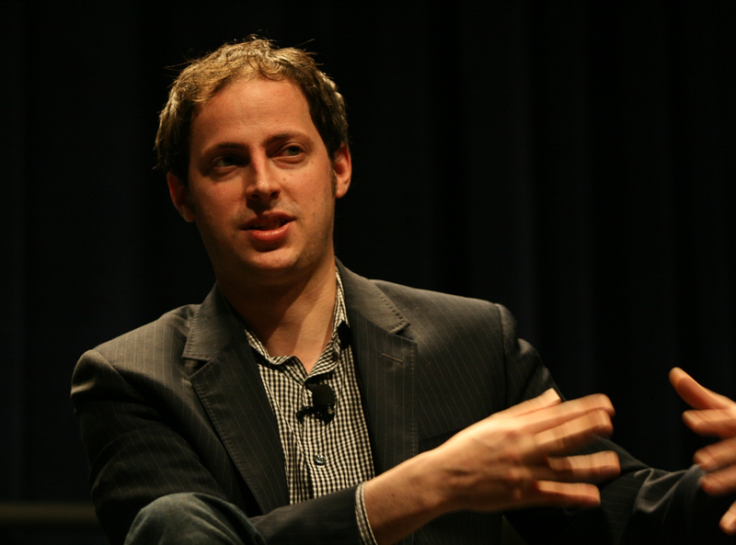Being Confident is Better for Pundits Than Being Correct

Pundits may sound angry all the time, but their yelling on TV and Twitter is what people look for. It turns out they're more often wrong than right, and it's because people are subconsciously looking for confidence over accuracy, two economics students at Washington State University found.
The discovery was made by Jadrian Wooten and Ben Smith. Smith originally wanted to test the accuracy and confidence of stock market pundits. His idea came from CNBC host Jim Cramer, who he described as "the yelling genius that he thinks he is." They wanted to test whether the public seeks out confidence in order to avoid uncertainty, therefore overlooking the accuracy of the statements.
The two decided to test sports predictions instead of stocks because predictions in sports are much more absolute. In order to do this, Smith created a software program that sorted through more than one billion tweets for predications of the 2012 MLB playoffs and World Series, as well as the 2013 NFL Super Bowl.
The program zeroed in on tweets with team names, nicknames, and phrases associated with predictions, such as "beat." Then in order to rate a pundit by how confident they are, they zeroed in on words such as "vanquish," "destroy," and "annihilate."
Looking at both professional — those with verified Twitter accounts — and amateurs who claimed some sort of expertise. They found that professionals were right 47 percent of the time, while amateurs were right 45 percent of the time. The professionals showed much more confidence than the amateurs though, scoring .480 confidence rating compared to the amateurs .313.
Both students, doctoral candidates in economics, also estimated that if a professional pundit accurately predicted every game of the playoffs and World Series, their Twitter followers would increase by 3.4 percent, whereas an amateur's would increase by 7.3 percent. However, a confident professionals following would increase by 17 percent while an amateurs would increase by 20 percent.
"In a perfect world, you want to be accurate and confident," Wooten said. "If you had to pick, being confident will get you more followers, get you more demand."
Both students believe that it is confidence, and the excitement it generates, that grows a larger audience.
"There is some psychological literature on the idea that people hate uncertainty," Smith said. "The fact that people don't like uncertainty would suggest that they don't like the idea of a Nate Silver sort of person standing up there and saying, 'I'm only 90 percent sure.'"
Nate Silver is a New York Times political blogger who called all 50 states in the most recent presidential election. Smith and Wooten described him as both cautious and accurate.
"I like to think of it like a roulette wheel," Wooten said. "If you have somebody just placing bets, that person is kind of boring. But if you have someone going, 'Oh, yeah! It's red!' and they are confident, that's the person that you are interested in."



























